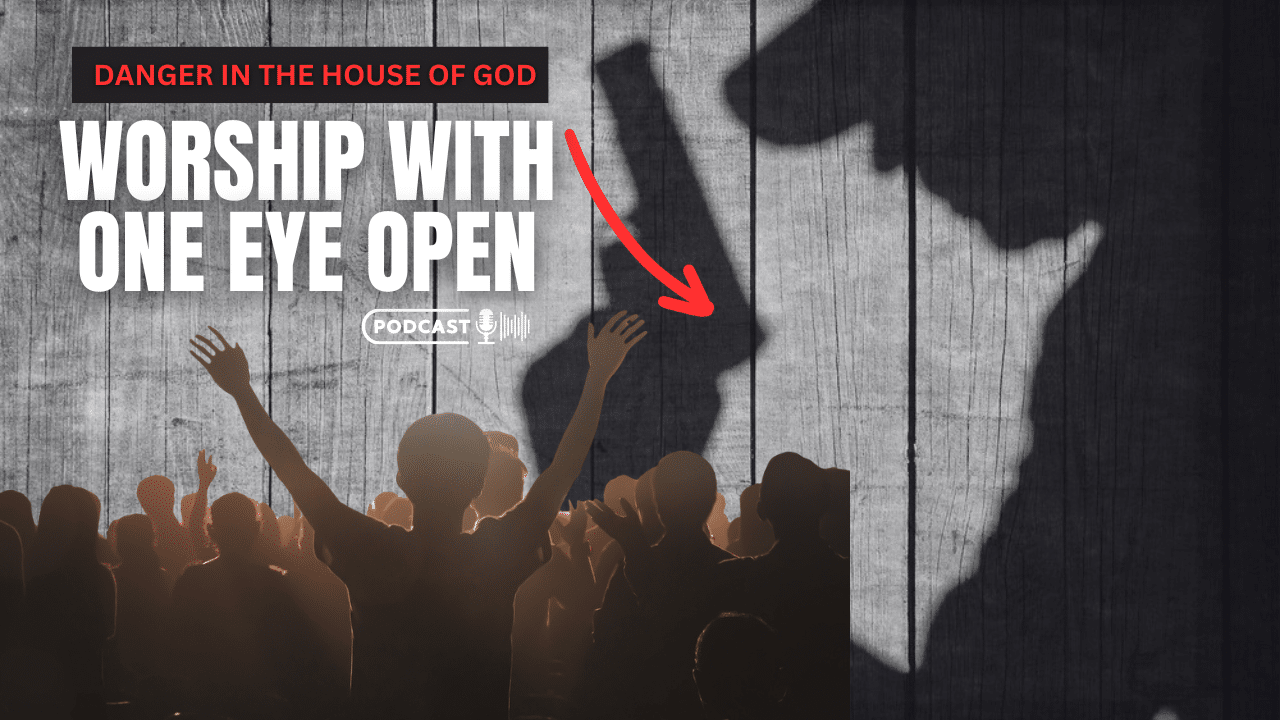(OPINION) Two Christian apologists have offered their thoughts on whether Christians who die by suicide go to Heaven or Hell when they die. Former atheist Jonathan Noyes, now a Christian author and apologist, was joined by professor and apologist Sean McDowell for a live YouTube discussion Tuesday to address the question, “Is suicide seen as unforgivable in the Eyes of God?”
Both apologists agreed that the Bible suggests suicide doesn’t lead to damnation for Christians, and both agreed that “the manner in which someone dies has no determination on their final [eternal] destination.”
The duo emphasized God’s grace to a broken humanity, alluding to Ephesians 2:8: “For it is by grace you have been saved, through faith — and this is not from yourselves, it is the gift of God.”
“If an atheist dies by suicide, they go to Hell — not because of their suicide, but because of their lack of trust in Jesus. The same is true for Christians,” said Noyes, a speaker with the apologetics ministry speaker with Stand to Reason. ”
A Christian who dies by suicide goes to Heaven because they’re Christian.” “The fundamental component of being a Christian is that you place your hope [and] your faith in Jesus. You ‘confess with your mouth that Jesus is Lord and believe in your heart that He has been raised from the dead.'”
In the same way God can forgive other sins, Noyes and McDowell contend that God can also forgive suicide for professing Christians. “I’m a Christian. I know who Jesus is. I have a fantastic relationship with God. And if I go outside the bounds of my marriage, if I cheat on my wife, am I still saved?
McDowell addressed a related point commonly used to argue that Christians who die by suicide don’t go to Heaven because they didn’t have a chance to repent after they died.
“Clearly, it’s a final act and there’s no time to repent. Even if you say beforehand, ‘hey, forgive me for what I’m about to do,’ [the apology to God] is still happening [before the act is committed]. And you could still wonder if somebody understands the forgiveness they’re asking for before they do it,” McDowell said of the rationale behind the argument.
But he rejected this idea, arguing that Christians who don’t repent for every sin they did before they die will not be damned because they are already saved by “faith through grace.” McDowell added that it would be a “paralyzing way to live” if a “Christian’s salvation was contingent upon their repentance.”
“I’m not living in this constant give-and-take with God; that if I tell a lie, I lose my salvation, until I ask for repentance, [or if I] have a lustful thought, I lose salvation, until I ask for repentance. … That doesn’t reflect the reality of Jesus when He says: ‘My burden is light.'” Noyes said that if God made repentance a requirement for every believer for them to gain entry into Heaven, he would not make the cut.
“I am a wretch. … If you said: John, ‘confess every sin right now.’ I could confess a bunch, but I’m going to miss some. Because I do [sinful] things without even really knowing,” said Noyes, saying, “the Christian’s hope for future glory should lie in an unwavering relationship with the Redeemer God, the Son of heaven,” and not in trying to earn their salvation.
Noyes cautioned, however, that grace “is not an excuse to pursue suicide.” “Suicide is a grievous sin. … It’s self-murder. It grieves God. It’s never pleasing to God. And part of being a Christian is we never run towards our sin. We run away from it. We want to live more like Jesus, not less like Jesus,” Noyes said.
“[The Apostle Paul is] preaching about this amazing grace that we have through Christ; that ‘nothing can separate you from the love of God that is in Christ Jesus.’ Then, he goes on to say: ‘nothing, neither heights, and depths, angels, demons. … But just because we’ve been lavished in such an amazing grace doesn’t mean that we can lean into sin, not ever.” Noyes and McDowell are not alone in their beliefs on suicide and salvation, as other prominent American Christians have echoed such views. (Christian Post)
















